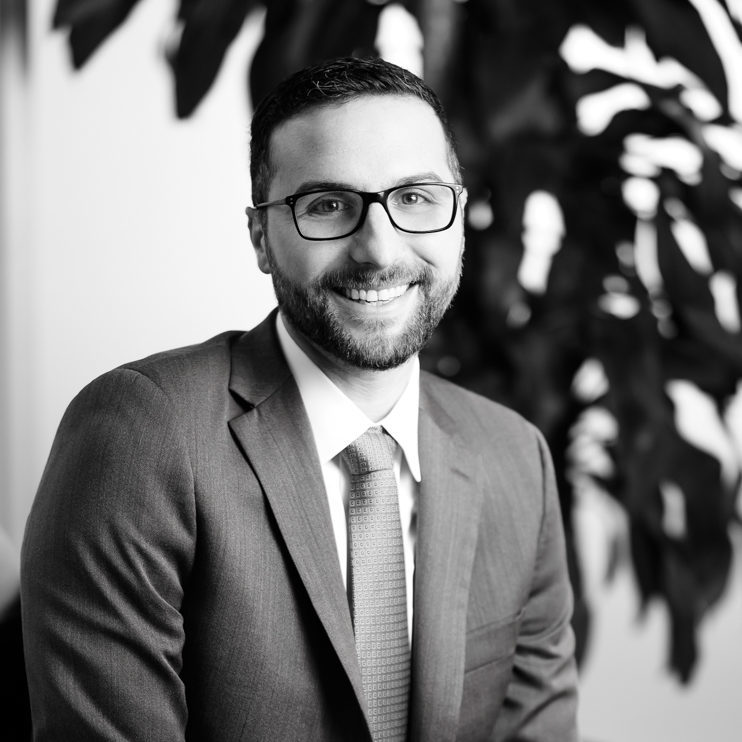UPDATE: New York DOL Amends Regulation Governing Home Health Care Aides Pay
As previously discussed, recent decisions from the New York Supreme Court, Appellate Division, found a New York State Department of Labor (“NYDOL”) opinion letter was not a “rational or reasonable” interpretation of New York Labor laws and regulations. In Andryeyeva and Moreno, the Second Department found that “live-in” home health care aides, whom were historically paid for 13 of their 24-hour shifts, were required to be compensated for every hour of their shift, regardless of whether this time includes sleep and meal break periods. These decisions align with the First Department case of Tokhtaman, which similarly found this 13-hour rule to be an improper interpretation of New York Labor laws and regulations.
In response, on October 6, 2017, the NYDOL issued an amendment to the Minimum Wage Order for Miscellaneous Industries and Occupations (the “Amended Wage Order”) on an emergency basis and without the public notice or comment period generally provided prior to amending Wage Orders. The Amended Wage Order provides:
(b) The minimum wage shall be paid for the time an employee is permitted to work, or is required to be available for work at a place prescribed by the employer, and shall include time spent in traveling to the extent that such traveling is part of the duties of the employee. However, a residential employee–one who lives on the premises of the employer–shall not be deemed to be permitted to work or required to be available for work:
(1) during his or her normal sleeping hours solely because he is required to be on call during such hours; or
(2) at any other time when he or she is free to leave the place of employment.
Notwithstanding the above, this subdivision shall not be construed to require that the minimum wage be paid for meal periods and sleep times that are excluded from hours worked under the Fair Labor Standards Act of 1938, as amended, in accordance with sections 785.19 and 785.22 of 29 C.F.R. for a home care aide who works a shift of 24 hours or more.
12 N.Y.C.R.R. 142.2.1(b) (emphasis added).
The amendment, and the specific reference to federal regulations governing the FLSA, confirms the NYDOL policy that employers of home health care aides do not need to pay their employees for every hour of their 24-hour shift. Rather, meal and break periods not otherwise compensated under the FLSA do not have to be paid. The federal regulations, which are incorporated into the Amended Wage Order, state that an employer does not have to compensate an employee during “bona fide” break periods, which include meal periods where the employee is completely relieved of their duties and the normal 8-hour sleeping period. These “bona fide” breaks comport with the 13-hour compensation practices of employers within the home health care industry prior to the decisions of Andryeyeva, Moreno, and Tokhtaman. As such, the Amended Wage Order seemingly contradicts Andryeyeva, Moreno, and Tokhtaman, and reinforces the 13-hour wage rule.
The Amended Wage Order seems to directly address the concerns raised by the Court in Andryeyeva, Moreno, and Tokhtaman, but certainly does not solve the problem. The Appellate Division decisions remain good law and have the potential to cause substantial back-pay liability that could ultimately bankrupt the entire home health care industry within New York. Although the Amended Wage Order may help persuade the New York Court of Appeals to hear the issues presented in the recent cases, the current conflict between the New York State decisions, federal decisions addressing the issues (see Bonn-Wittingham v. Project O.H.R. (Office for Homecare Referral), Inc., 2017 WL 2178426 (E.D.N.Y. May 17, 2017); Severin v. Project OHR, Inc., 2011 WL 3902994 (S.D.N.Y. Sept. 2, 2011)), and the NYDOL have caused a state of flux within the industry. While the Amended Wage Order provides support for employers within the industry who still intend on following the 13-hour rule, it is unclear if this rule would apply retroactively, leaving these employers still subject to substantial liability.
Employers in the home health care industry are strongly advised to consult with counsel to ensure compliance with these payment practices.
Cole Schotz will continue to monitor these issues and provide updates to its readers.
No aspect of this advertisement has been approved by the highest court in any state.
Results may vary depending on your particular facts and legal circumstances.
As the law continues to evolve on these matters, please note that this article is current as of date and time of publication and may not reflect subsequent developments. The content and interpretation of the issues addressed herein is subject to change. Cole Schotz P.C. disclaims any and all liability with respect to actions taken or not taken based on any or all of the contents of this publication to the fullest extent permitted by law. This is for general informational purposes and does not constitute legal advice or create an attorney-client relationship. Do not act or refrain from acting upon the information contained in this publication without obtaining legal, financial and tax advice. For further information, please do not hesitate to reach out to your firm contact or to any of the attorneys listed in this publication.
Join Our Mailing List
Stay up to date with the latest insights, events, and more






